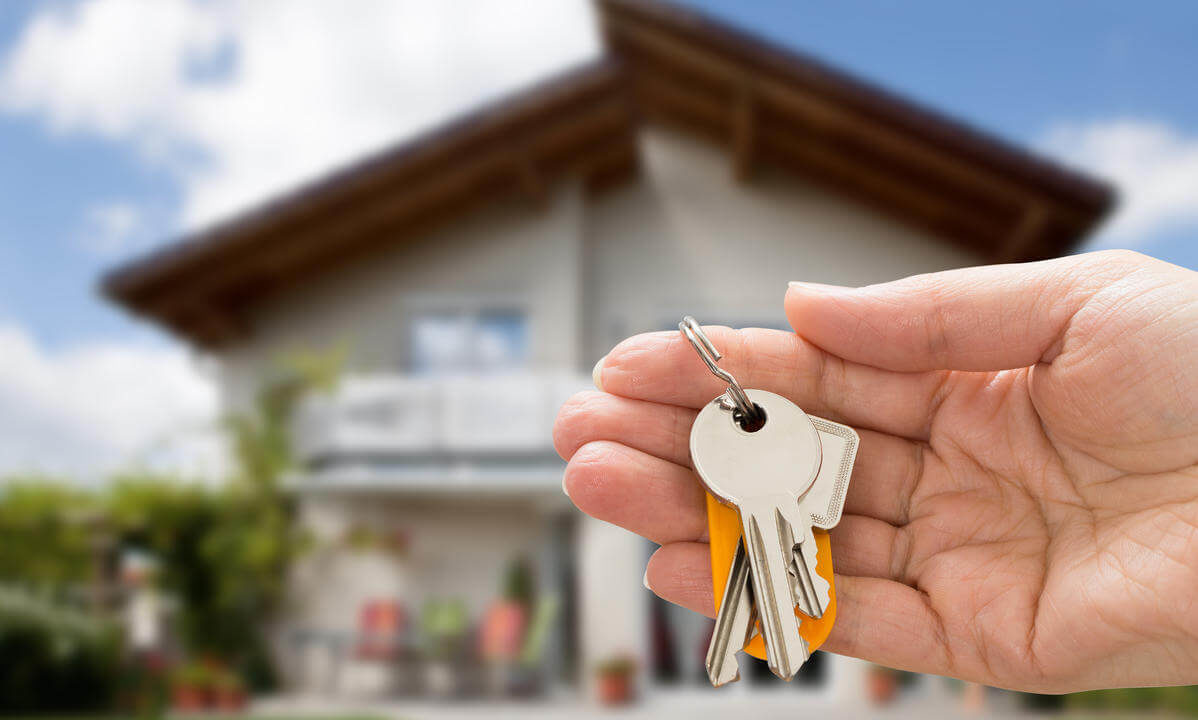
Tax breaks can be a double-edged sword. If on the one hand they allow the purchase of the first home on favorable terms, on the other hand they could complicate the sale at a later time.
In this guide I will explain to you what are the tax breaks on the first home and, above all, when it is possible to sell the property without additional costs.
The benefits on the first home
First of all it must be said that the “first home bonus” was designed by the State to help families financially. Such as? Guaranteeing significant savings on taxes at the time of purchase.
More in detail, if the registration tax is bought from a natural person, it goes from 9% to 2% on the cost of the property, while mortgage and land registry taxes amount to 50 euros each. If the purchase is made by a construction company, the VAT is 4% rather than 10%. Also in this case the mortgage, register and cadastral taxes are fixed at the price of 200 euros each. Obviously for these discounts to be applied, the law has established conditions that must first be met.
What the law says
To obtain the aforementioned tax benefits you must not have another home, not even for quotas, even under the legal partnership, in the same municipality where you are buying the new house (letter c, note II-bis, article 1 , P.te Prima, Presidential Decree 131/1986).
Instead, it is possible to keep possession of a land, an office, a warehouse or even a shop as long as it is not a residential property. In order for the bonus on the first home to be applied, it must not have already been used in the past on another property, otherwise the latter must be sold or donated. It is possible to know if at the time of the deed the tax benefits had been used, simply from the deed of sale of the property, in which in a positive case you will find a clause regarding the residence that must be transferred within 18 months in the municipality where the purchased house is located. In fact, the law also requires residence in the municipal area in which the property to be purchased is located. Finally, the bonus is not aimed at those who want to buy luxury properties (A/8 or A/9), but it is a benefit to support the medium economic availability.
The five-year ban
The State prohibits the tax payer from assigning or selling the purchased property with the first house bonus before five years from the deed of sale. If, however, the tax payer decides to sell the property in advance of the established terms, he must return to the tax authorities the difference between the taxes paid thanks to the bonus and those he should have paid in the absence of benefits. Furthermore, a penalty of 30% should be added to these expenses to be applied to the total of the above difference. These conditions apply both in the case of sale, and in the case of transfer or donation while maintaining the usufruct.
Exceptions to the five-year ban
However, there are two exceptions that allow the tax payer to sell the house before the age of five without losing the bonus. The first one foresees that the owner, within the following year from the sale of the property, purchases or receives another house to be used as his main residence, or by the same date purchases or receives a land where to build a house main. However, if you fail to comply with these terms, you can submit an application to the Inland Revenue stating that you do not wish to proceed with the purchase of another property. In this case the tax payer will have to pay the tax difference, but will avoid administrative penalties. The second hypothesis occurs when there is a consensual separation between co-owners of the property, since in these cases there is no evasive intent for the Cassation. In this situation, it is possible to decide whether to transfer the property to one of the spouses, give it to a child or sell the house to a third party, dividing the revenue between the two.


